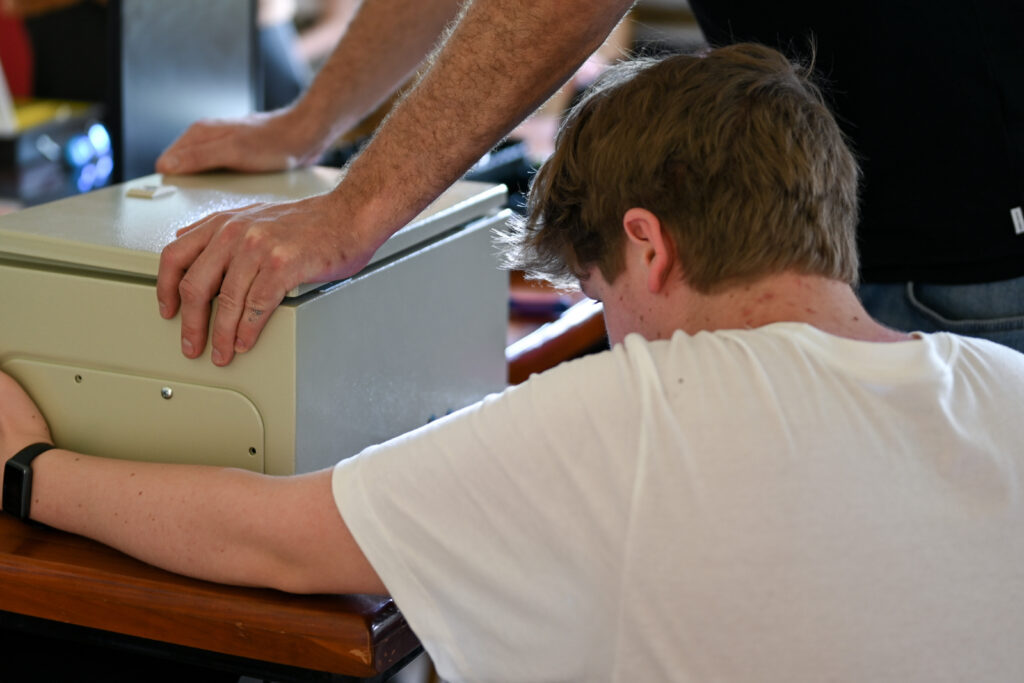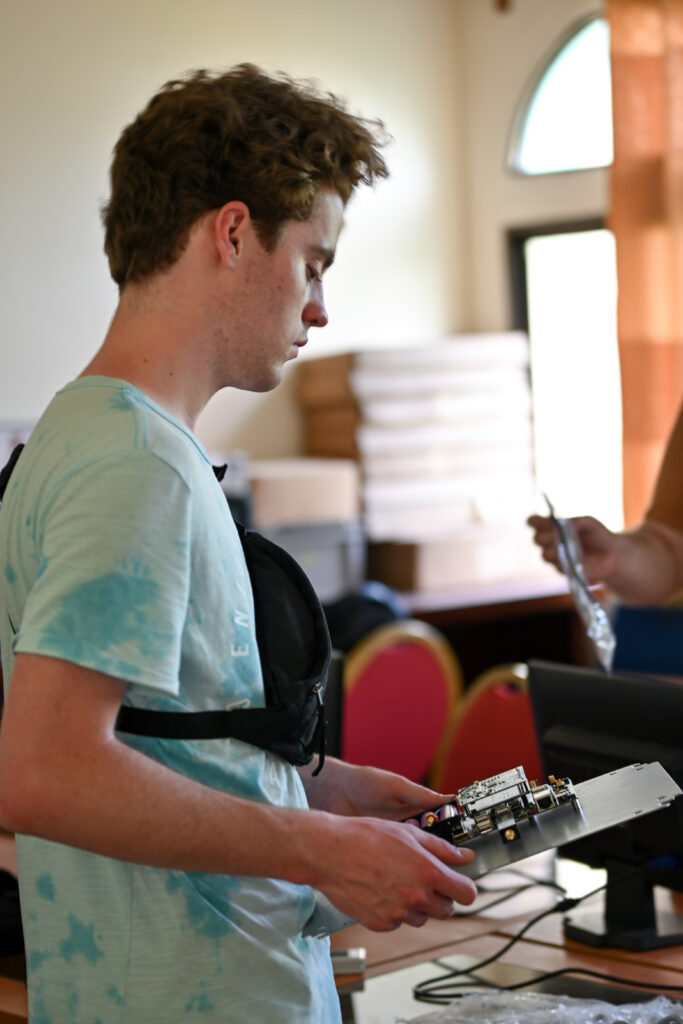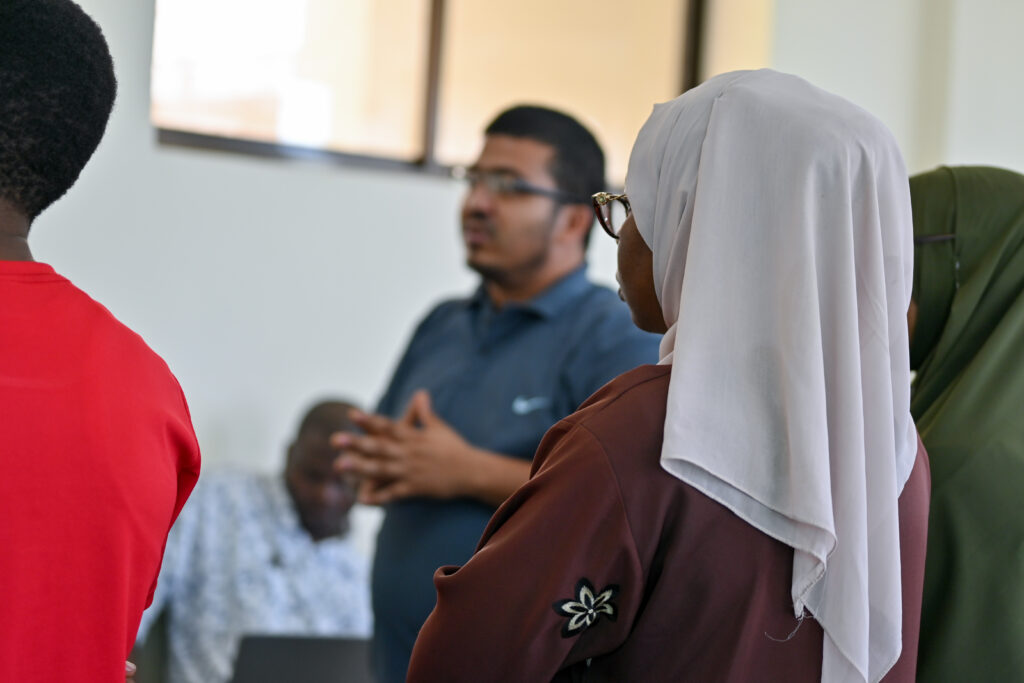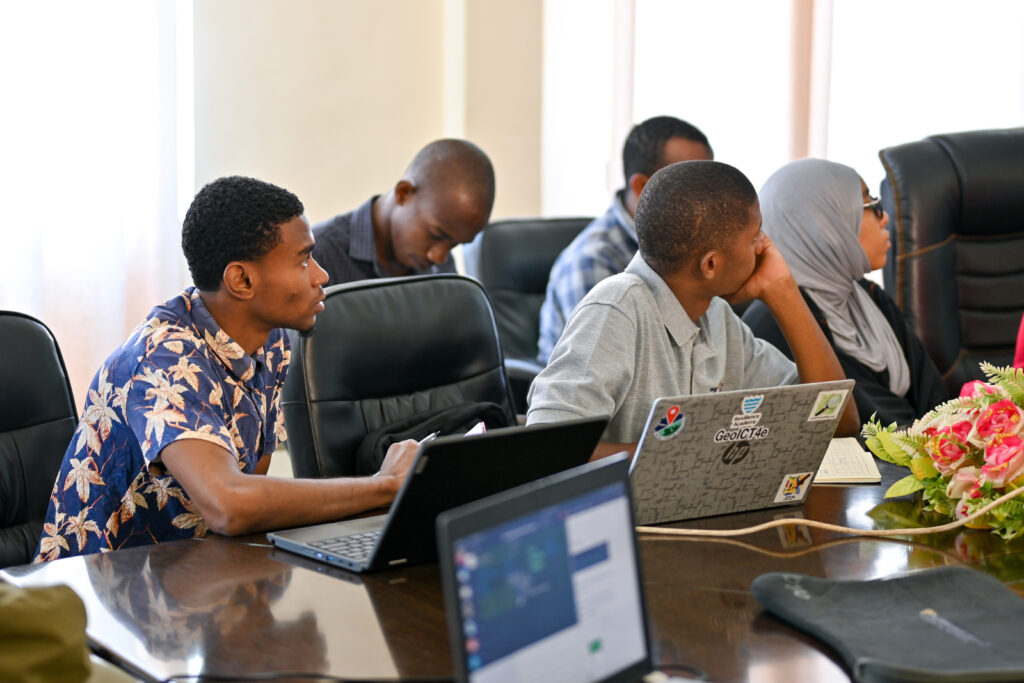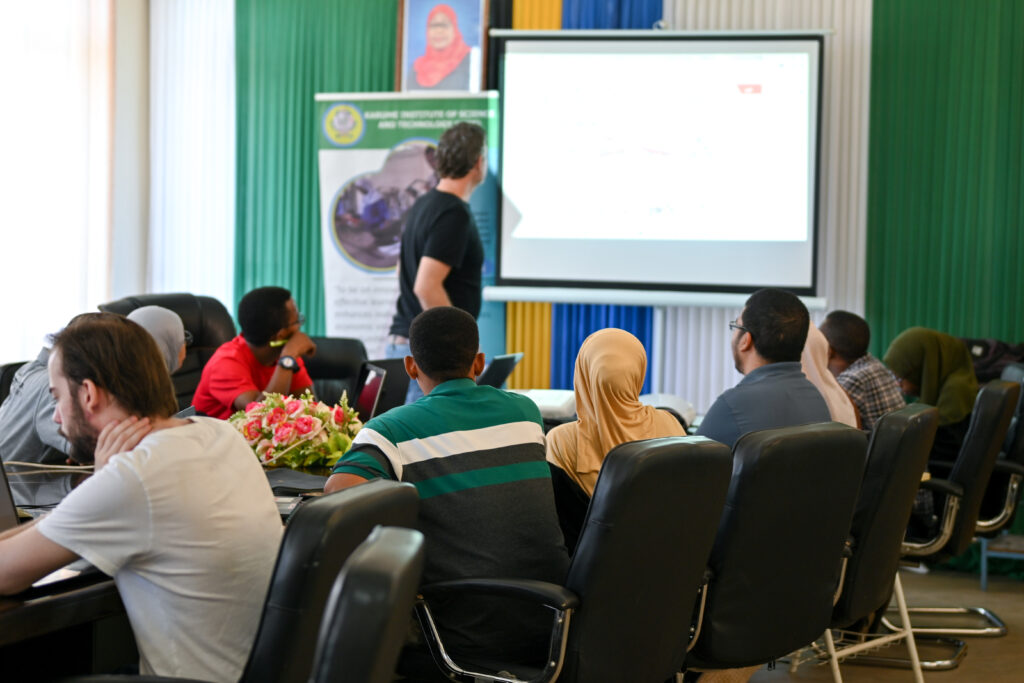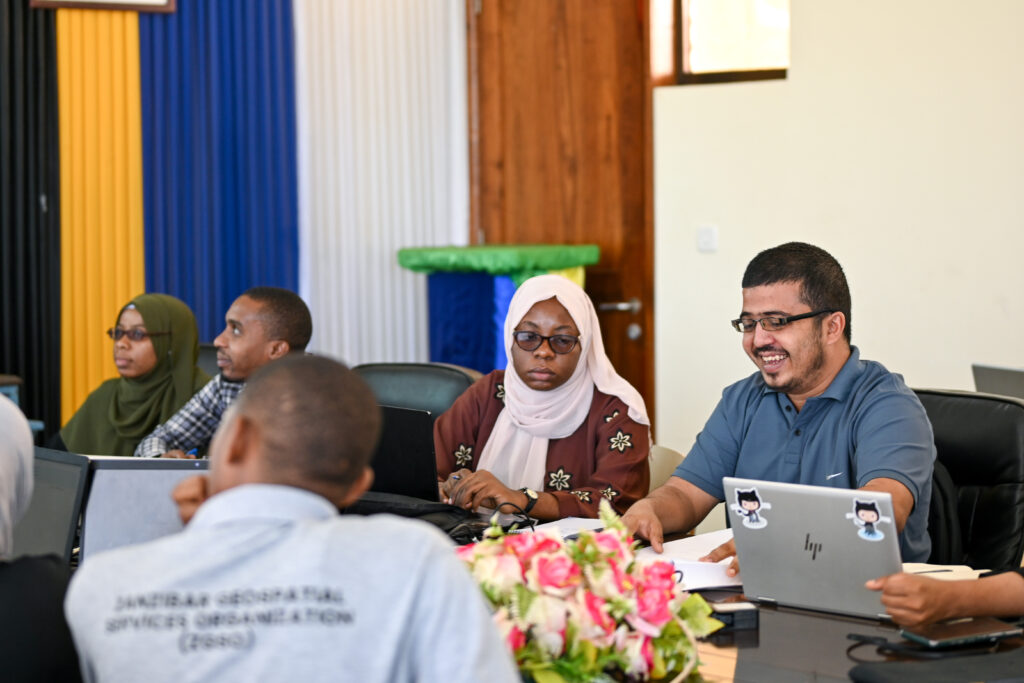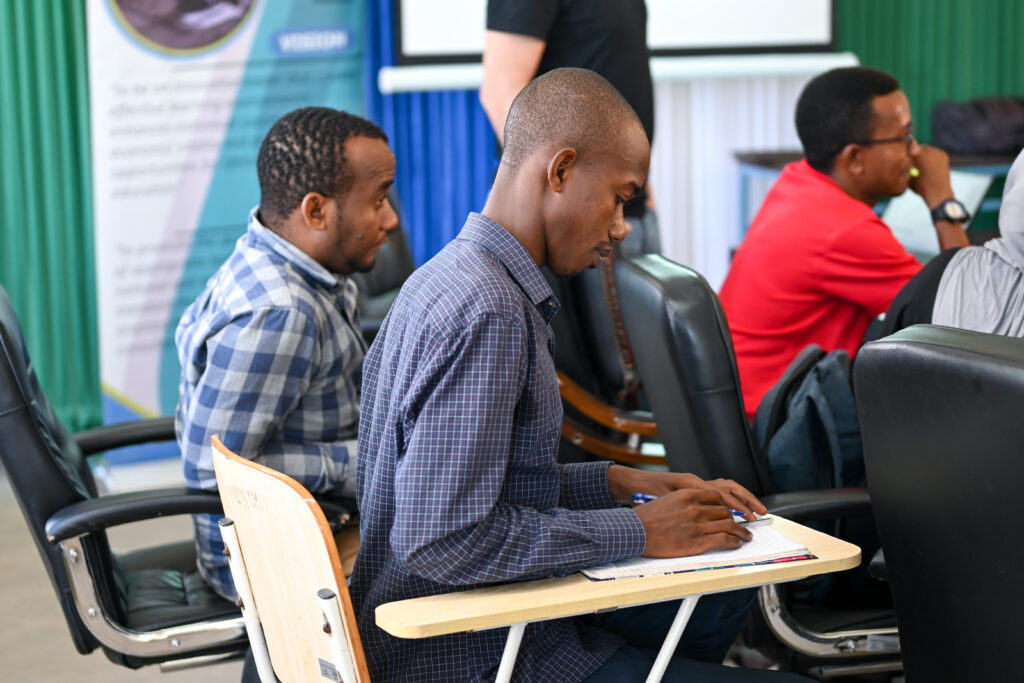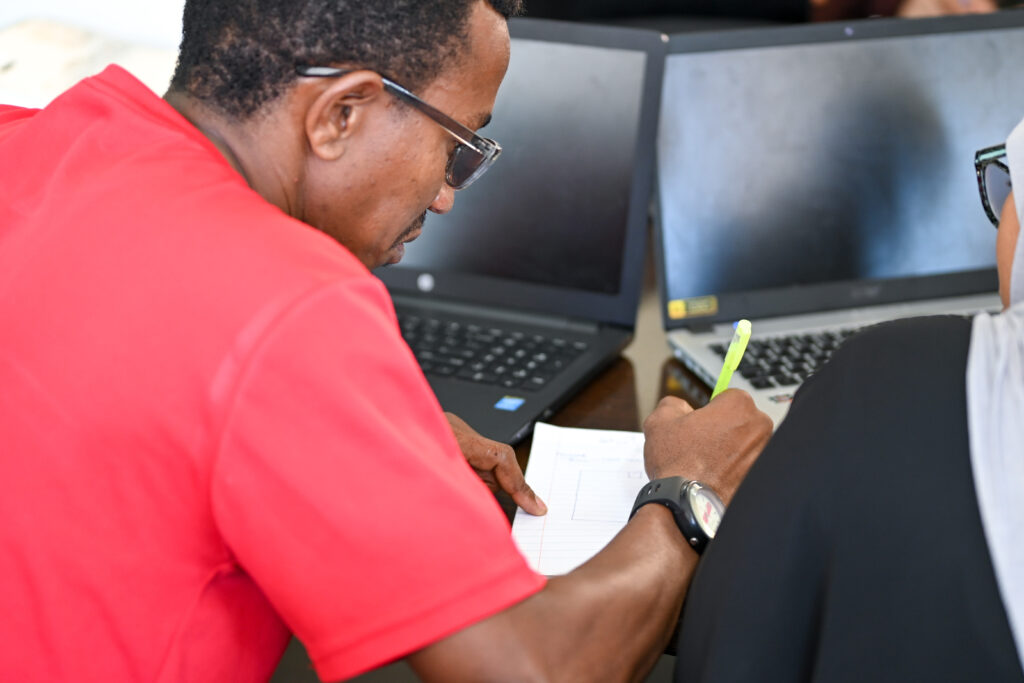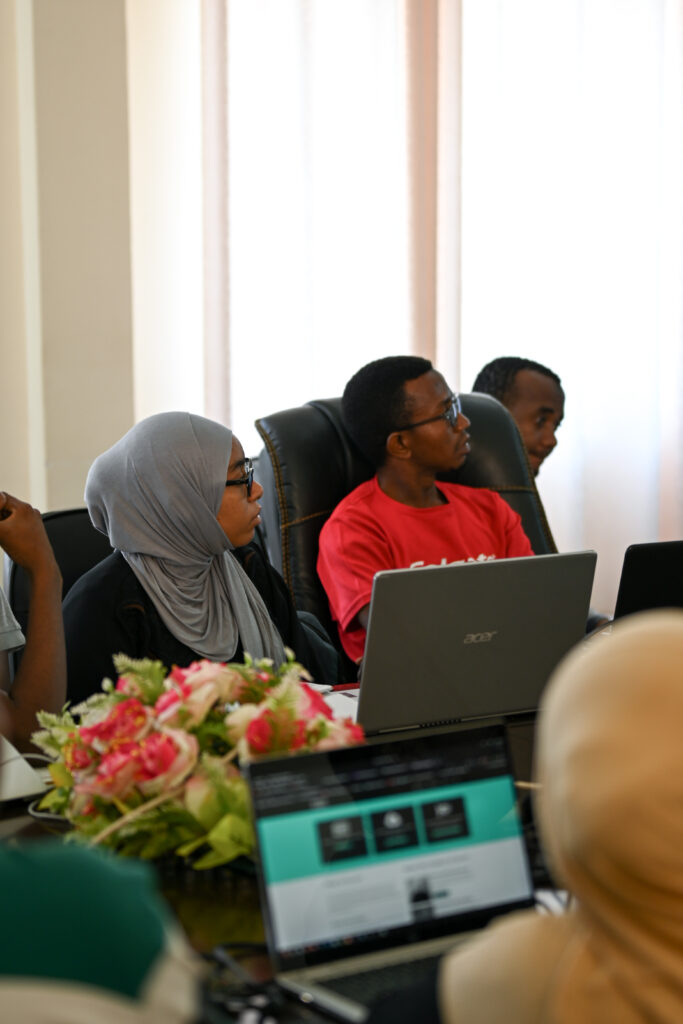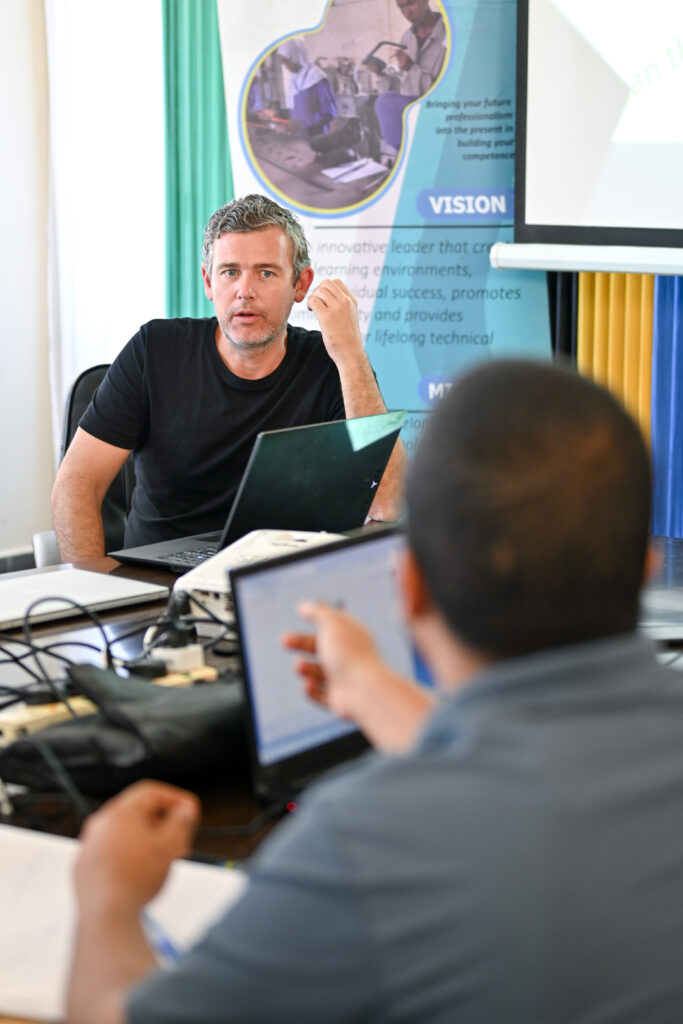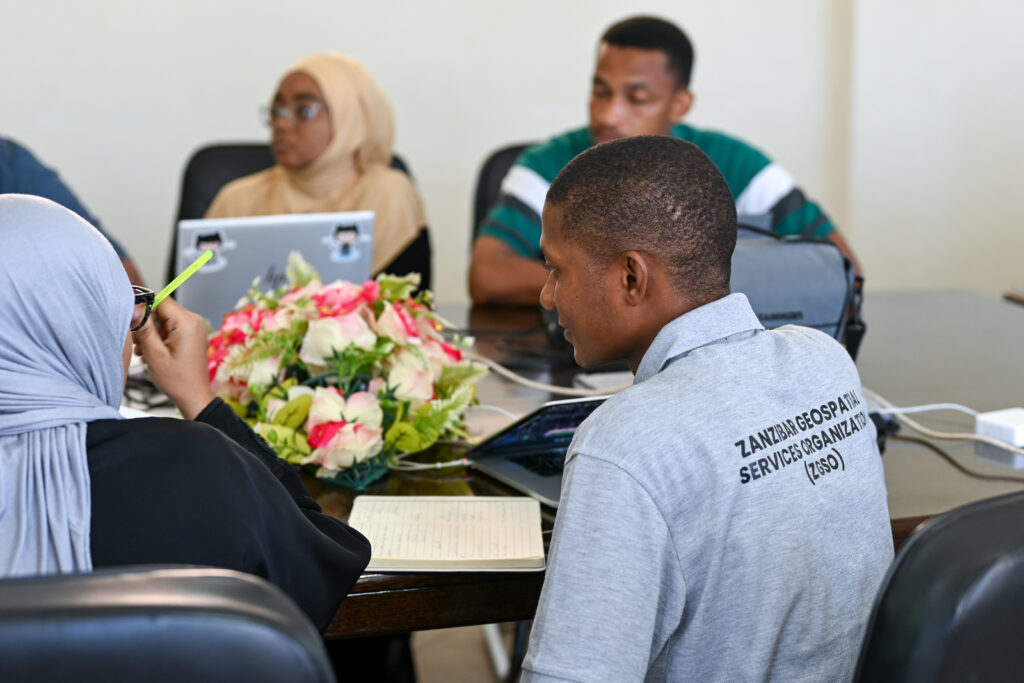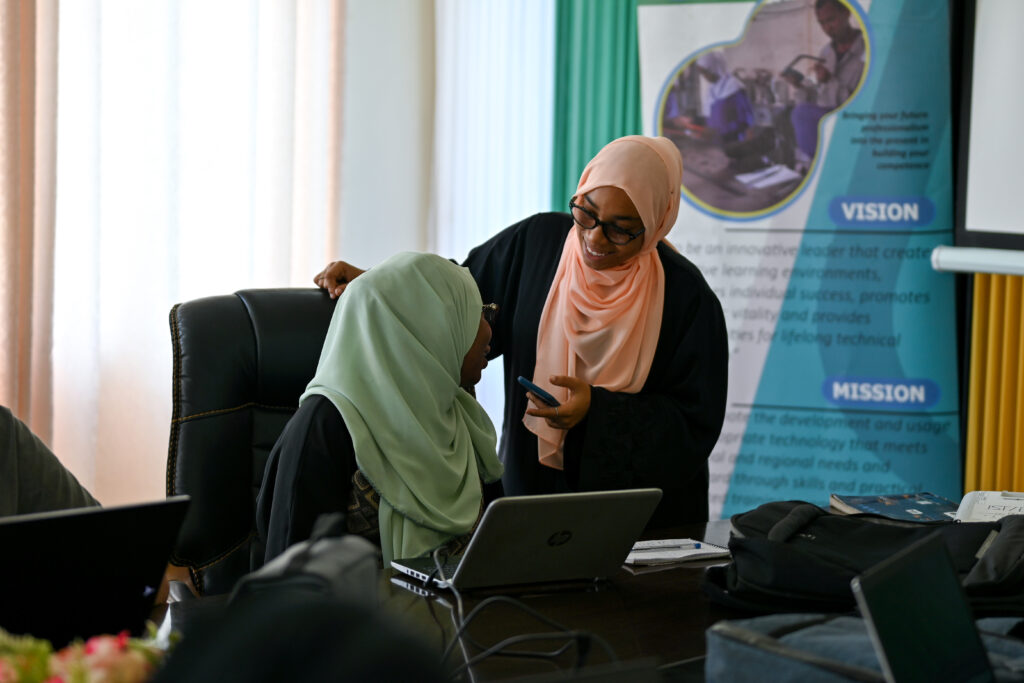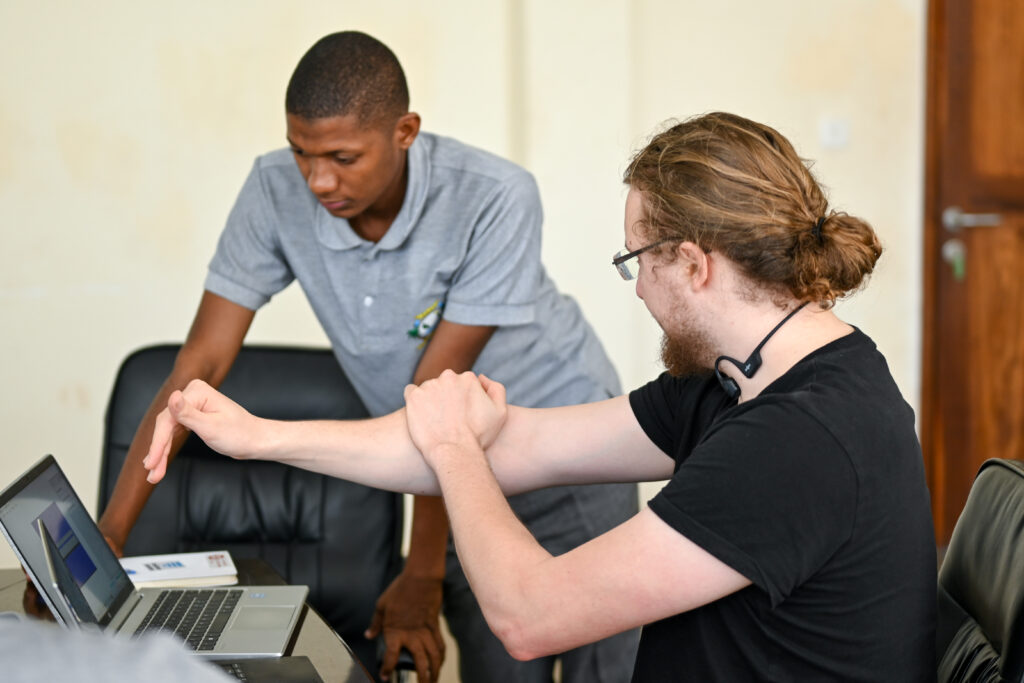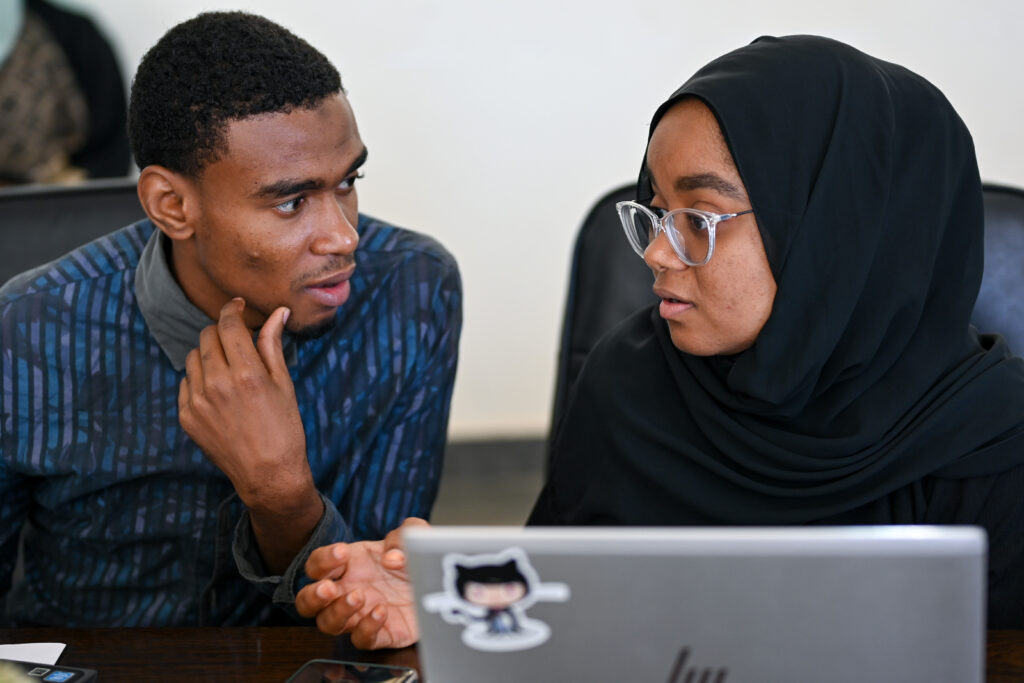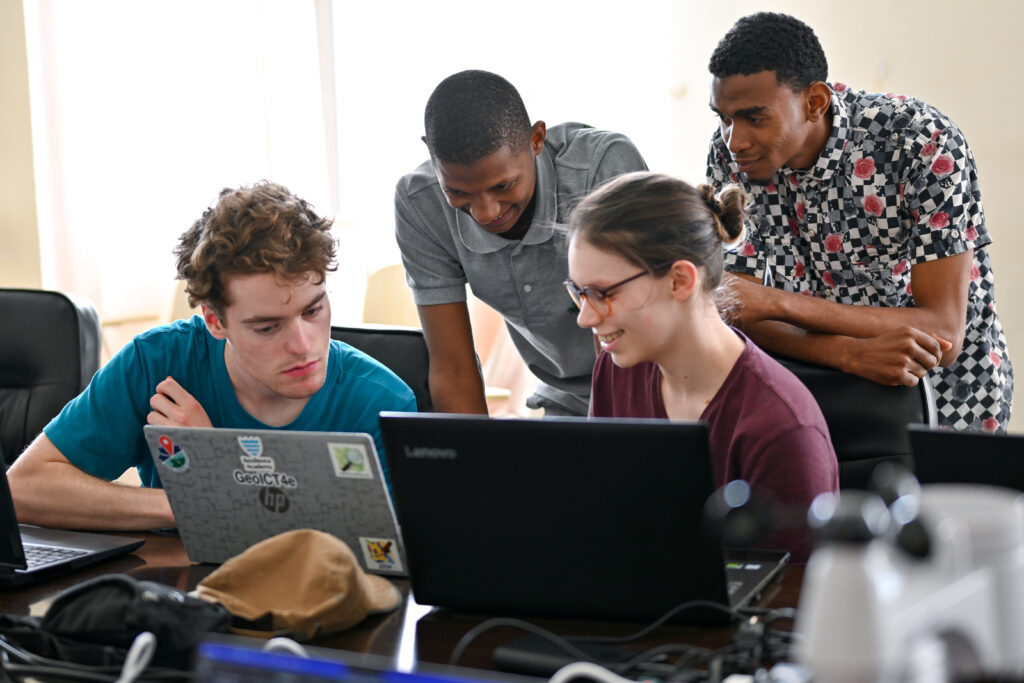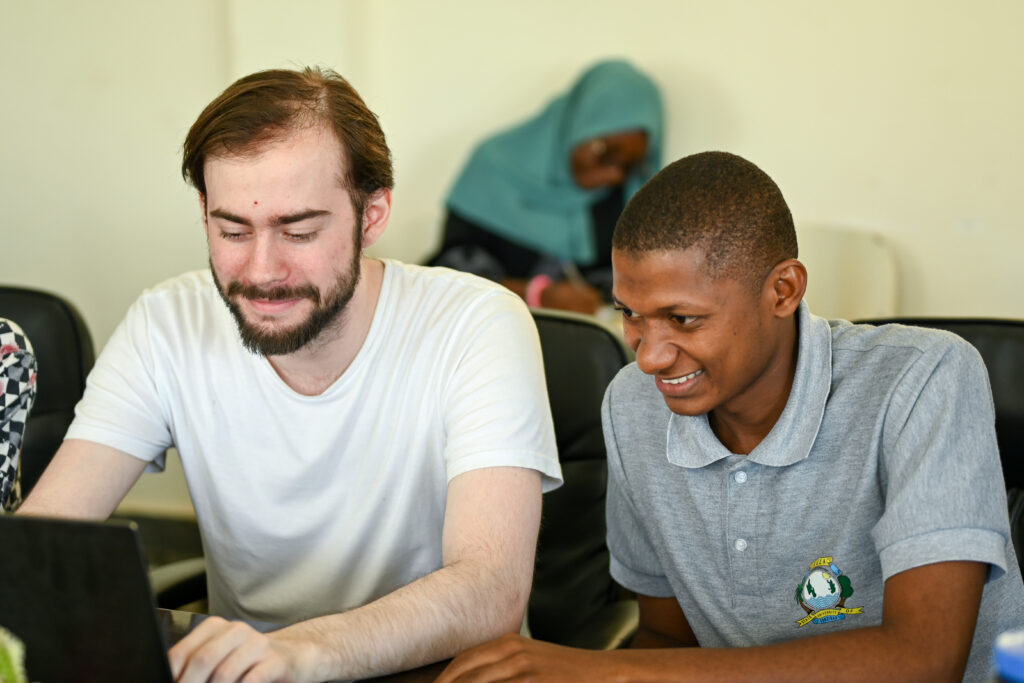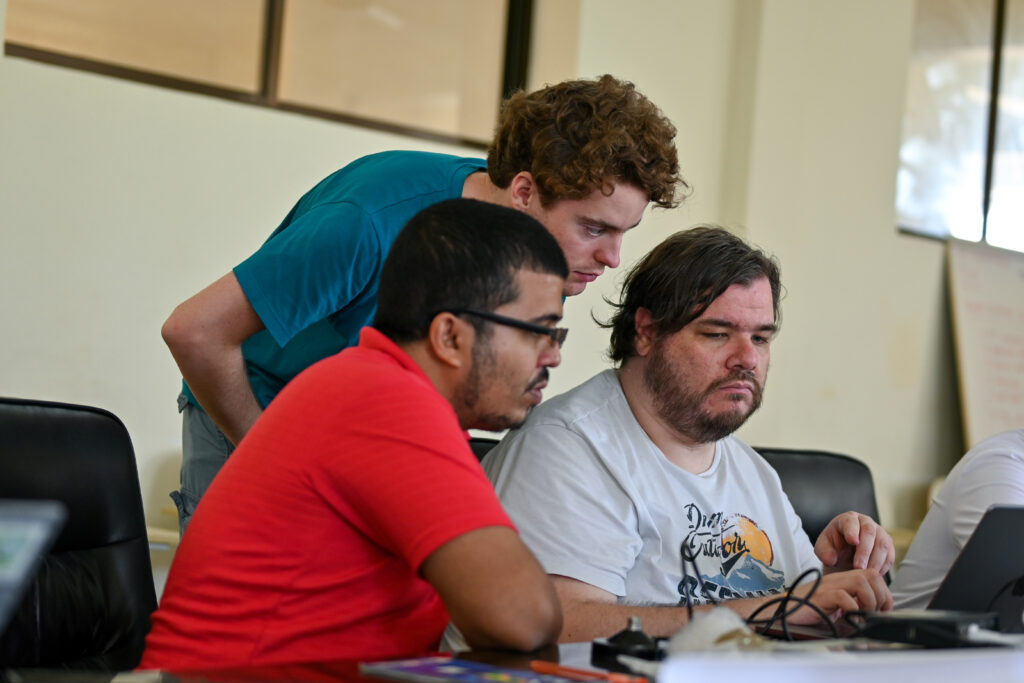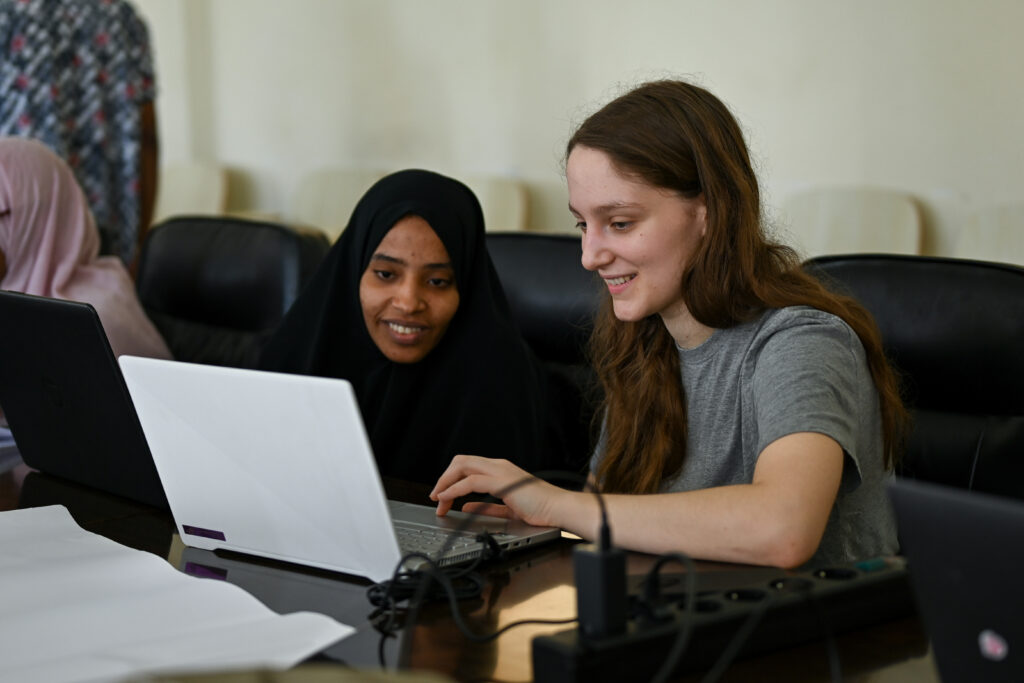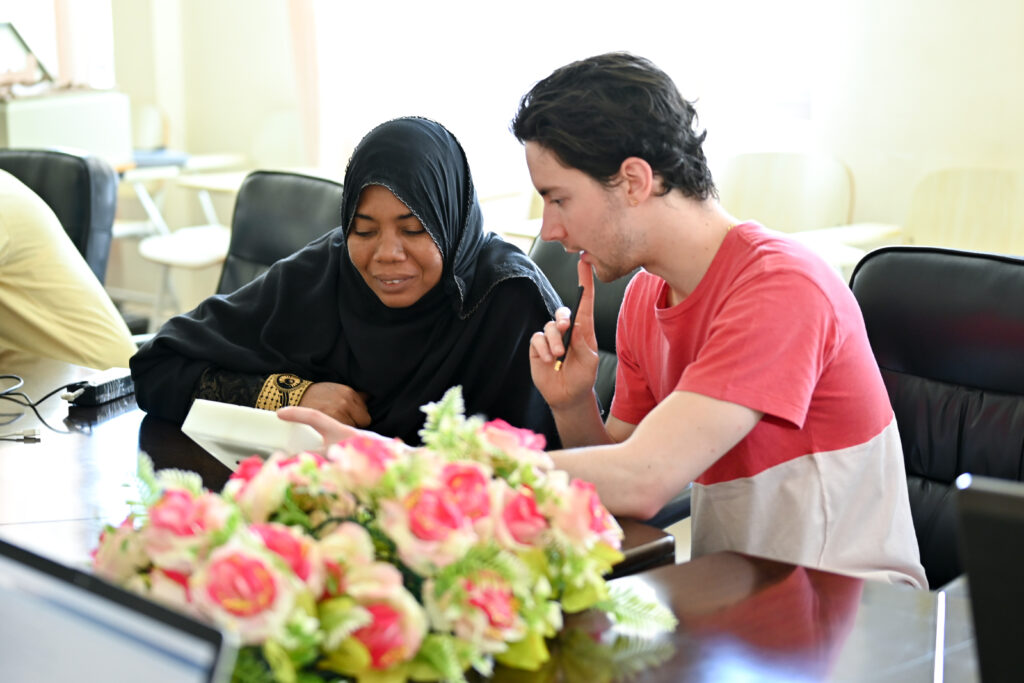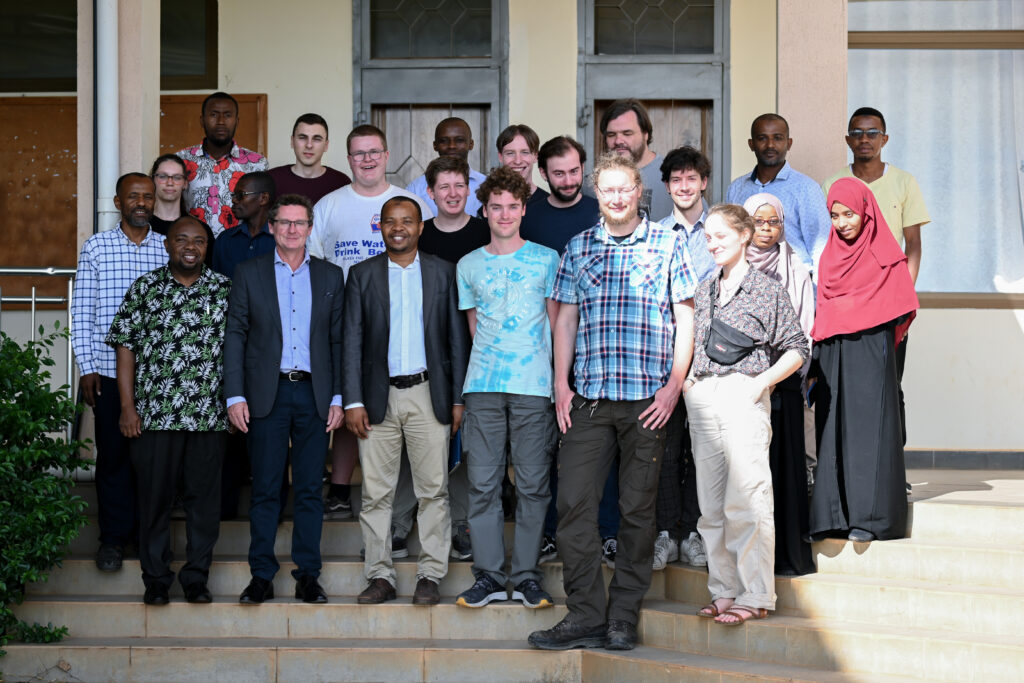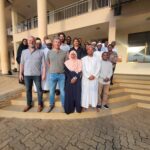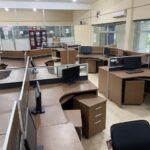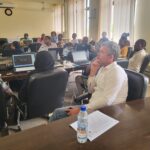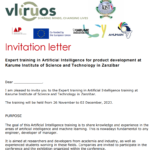This week a group of Belgian students teamed up with Zanzibar students from AP university of Applied Sciences and Arts, Karume institute of Science and Technology and State University of Zanzibar to work on IoT use cases for measuring air pollution and soil parameters like temperature, humidity, and air quality (CO2, NOx, VOC), and are coached by a team of experts in the Karume Innovation Hub.
Air pollution is a growing concern in many urban areas, including Zanzibar. The IoT devices developed by the students were used to measure air quality in different parts of the city. By collecting data from these devices, the students know areas with high levels of air pollution and suggest measures to reduce it.
Soil parameters, on the other hand, are crucial for agriculture, which is the primary source of livelihood for many people in Zanzibar. The IoT devices developed by the students are used to measure various parameters such as soil moisture, pH levels, and nutrient content. By collecting data from these devices, the students identify the best agricultural practices that could lead to higher yields and better soil health.
The collaboration between the Belgian and Zanzibar students is an example of how universities can work together to address environmental challenges using IoT. By combining their resources, expertise, and knowledge, they can develop innovative solutions that benefit the environment and the local communities.
Moreover, the collaboration was not just about technology, but also about cultural exchange and mutual learning. They learn from each other, share their experiences and ideas. Such collaborations are vital in creating a more connected and sustainable world.
